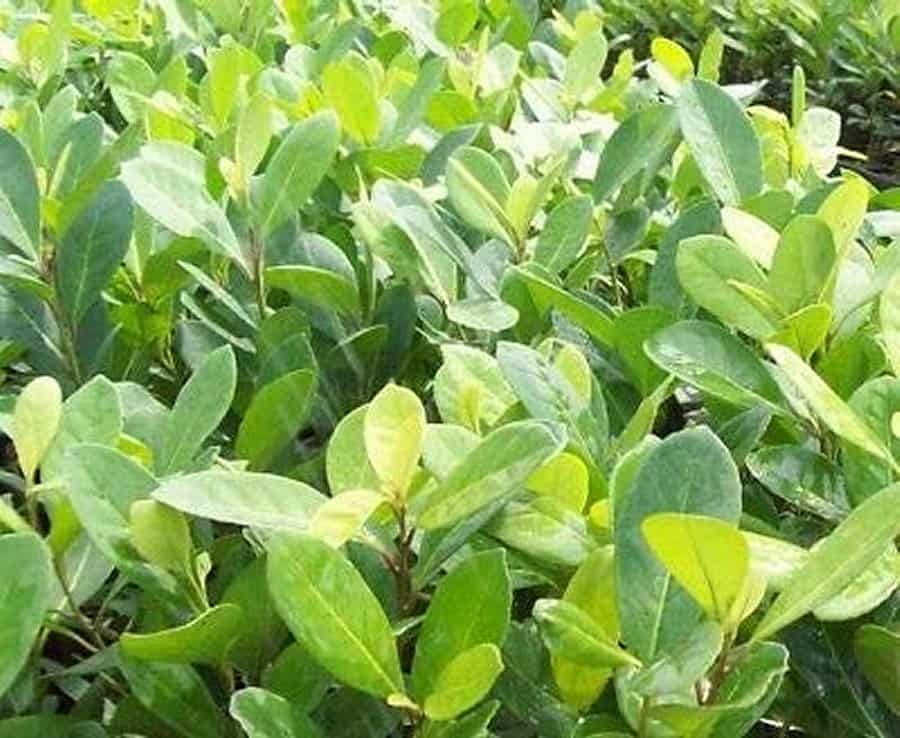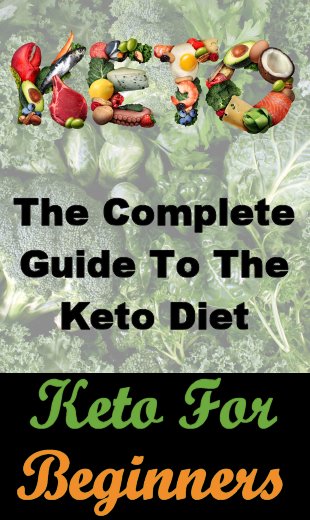22 Popular Herbal Tea Infusions And What They Can Do For You
Although many people refer to these herbal drinks as tea, they are not, strictly speaking, tea at all.
Tea is made from the Camellia sinensis plant, which is an evergreen shrub / small tree that is native to east Asia.
Herbal teas, on the other hand, should more correctly be referred to as herbal infusions.
However, I will use the two terms interchangeably in this article, which looks at 22 of the more popular herbal teas, and their uses.
Anise
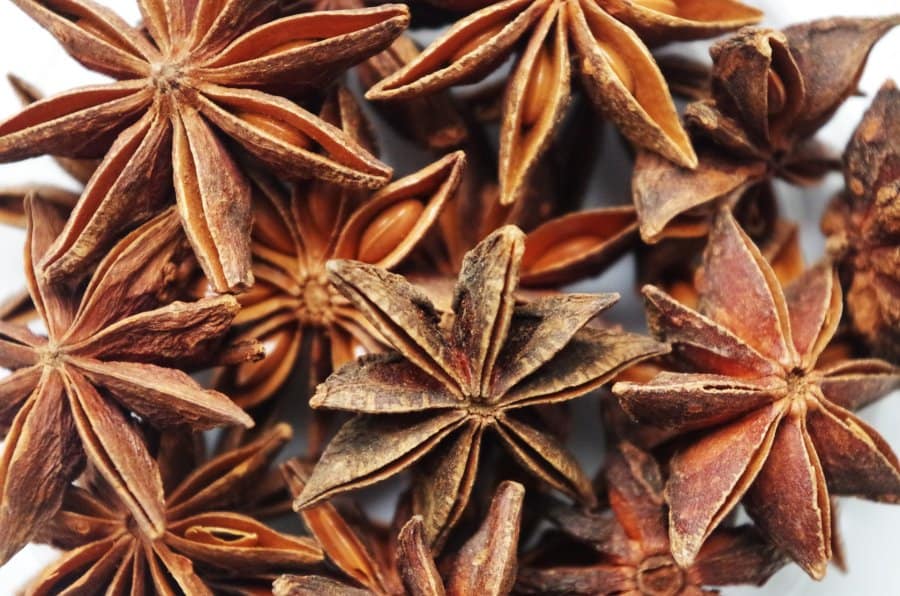
Also known as aniseed, it has a distinct flavour (which reminds me of my childhood, when aniseed candies were very popular), and it is great for congestion, coughs and colds, excess gas, nausea, menstrual cramps, and stomach disorders.
Cannabis

Yes, this is the same plant that gives us marijuana and CBD oil, but ingesting it as a herbal infusion is less psychoactive because THC, the active ingredient in cannabis, is not water-soluble).
It’s good for anxiety, chronic pain, cramping, depression, headaches, indigestion, inflammation, and stress.
Chamomile

This is frequently used by women suffering from period pains, because of its relaxant properties, but it can also help with arthritis, back pain, inflammation, skin irritation, and sunburn.
Dandelion

Perhaps better known for the way its seeds blow away in the wind, it makes a great drink that can aid with detoxification, high blood pressure, iron deficiency, urination, and vision problems.
Echinacea
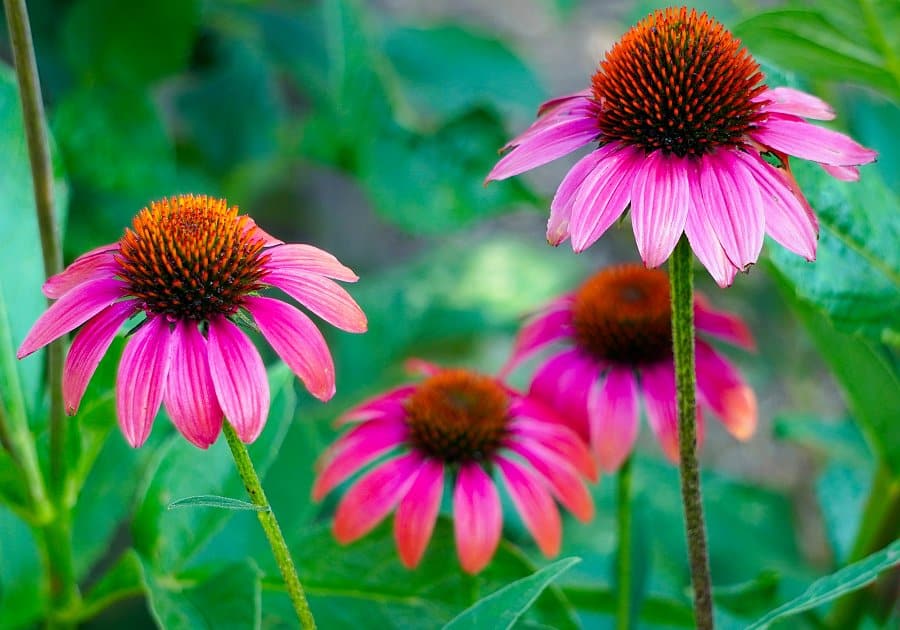
This plant is well-known for its immune system boosting properties, and it can also help reduce inflammation.
It’s a great supplement to take (either in tea or as capsules) on a regular basis for overall better health.
Ginger Root

One of my favourites, ginger has many beneficial properties, but as a drink, it’s probably best known for easing symptoms of nausea and other digestive problems.
It’s also sometimes use to stimulate your appetite too.
Hibiscus
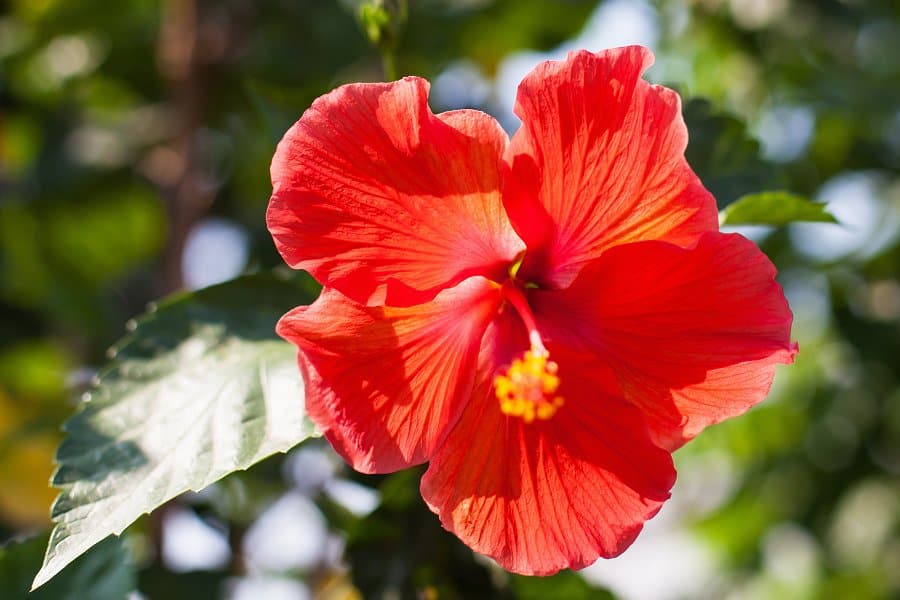
Part of the mallow family, this plant is high in antioxidants, and can increase “good” cholesterol levels while lowering “bad” cholesterol and triglycerides. It also helps protect your liver and has antibacterial properties.
Holy Basil
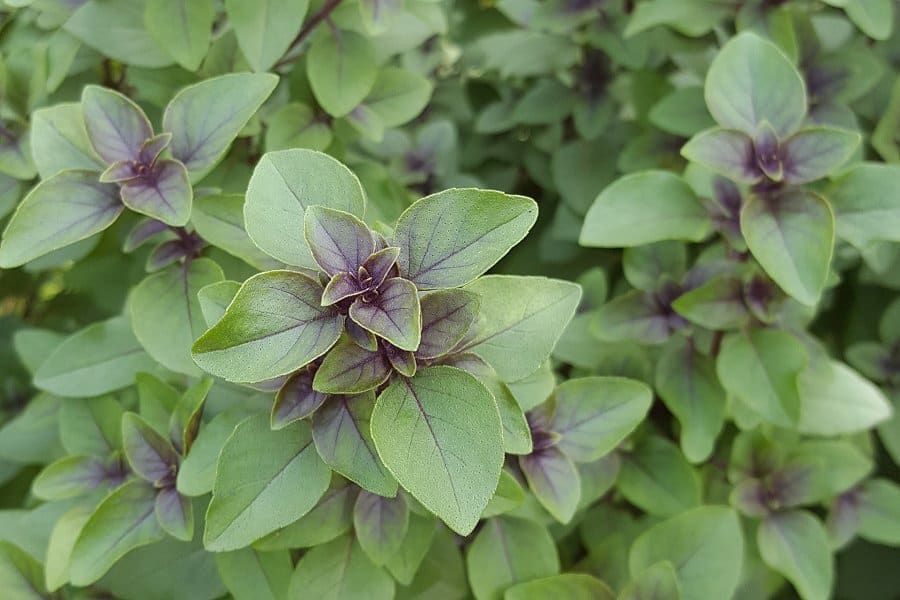
Also known as tulsi, this is a natural remedy for adrenal fatigue, anxiety, high blood sugar, hypothyroidism, and stress.
Lavender

One of the most popular herbs, which is used in many products (e.g. aromatherapy oils, bath salts, pillow), this tea promotes relaxation and reduces stress, although it has other benefits too. For example, it is an anti-inflammatory, helps with digestive health, and has antioxidant properties that can help keep your skin looking younger.
Lemon Balm
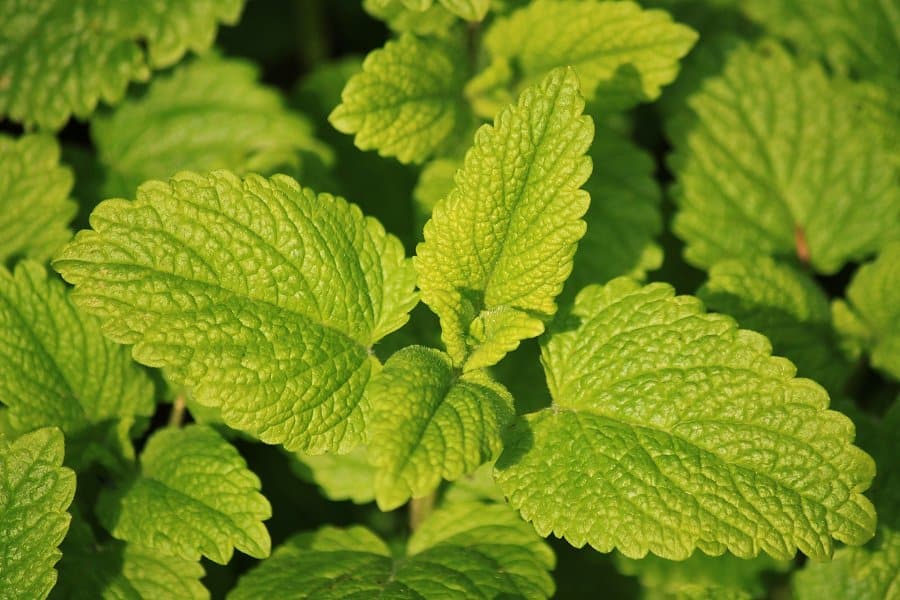
This lemony herb has the potential to improve heart health, increase antioxidant enzymes, and boost both mood and mental performance.
Moringa
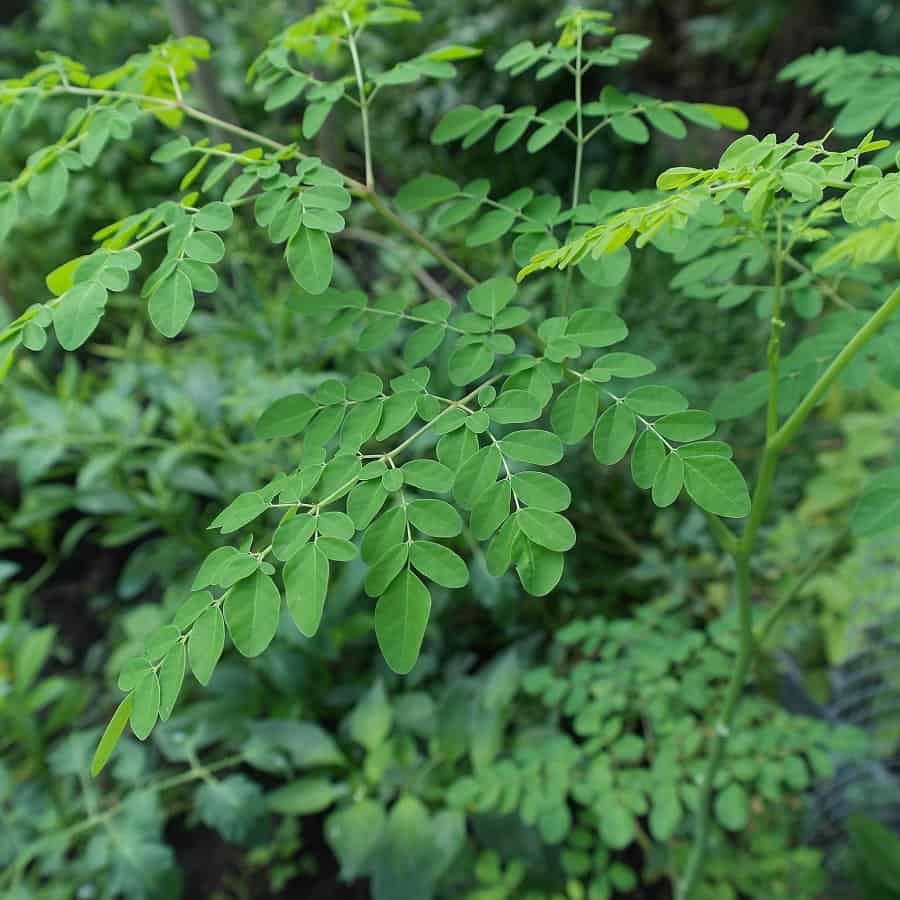
Believed by some to be one of the most health-giving of all herbal teas, this plant is a great source of minerals and vitamins. including iron, magnesium, and vitamins B6 and C. It also has high antioxidant levels, and can lower cholesterol.
However some people report that it has a bland but bitter taste, with a somewhat off-putting odour.
Osmanthus
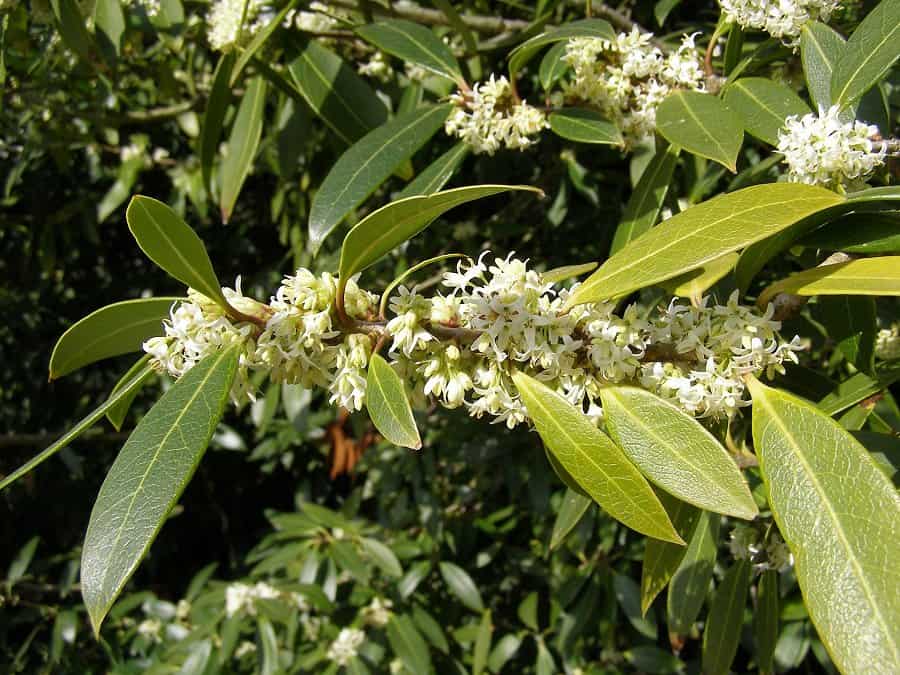
Not as well known as many of the others listed here, this herbal tea helps clear congestion, eliminate toxins, and get rid of bad breath.
Passionflower

Traditionally, this has been used to improve sleep and help you relax, providing relief from symptoms of anxiety.
Patchouli
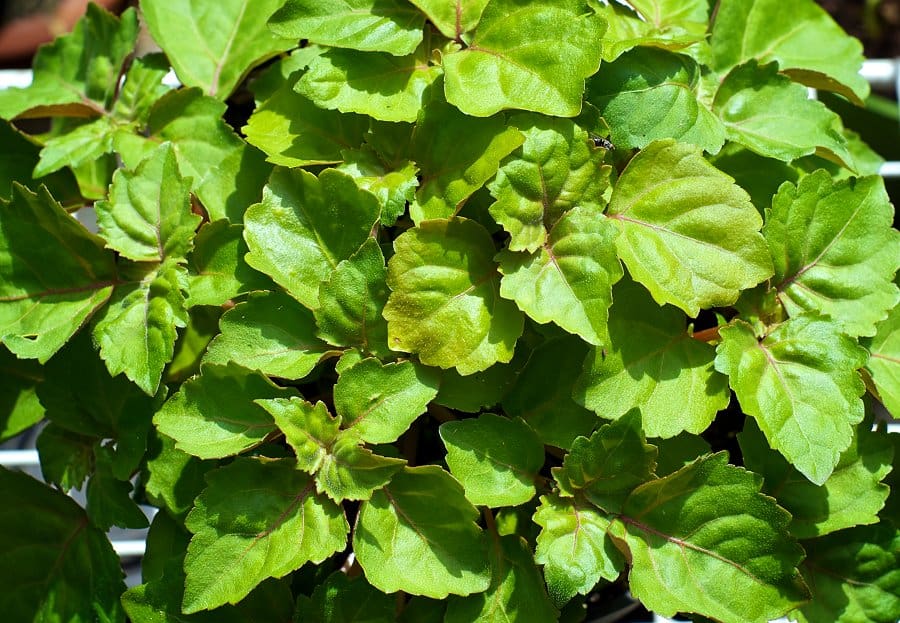
Often also used as an aromatherapy oil, this tea can boost your immune system, detoxify your body, enhance your mood, help with sleep disorders, and stimulate sex drive.
Peppermint

This hybrid of spearmint and watermint is good for all sorts of digestive issues, including cramps, flatulence, indigestion, and any type of general stomach upset.
Although not actually made with peppermint – spearmint is usually the preferred choice – mint tea has long been a favourite of mine when I have an upset stomach after discovering it while on vacation in Morocco back in 1985.
Rooibos
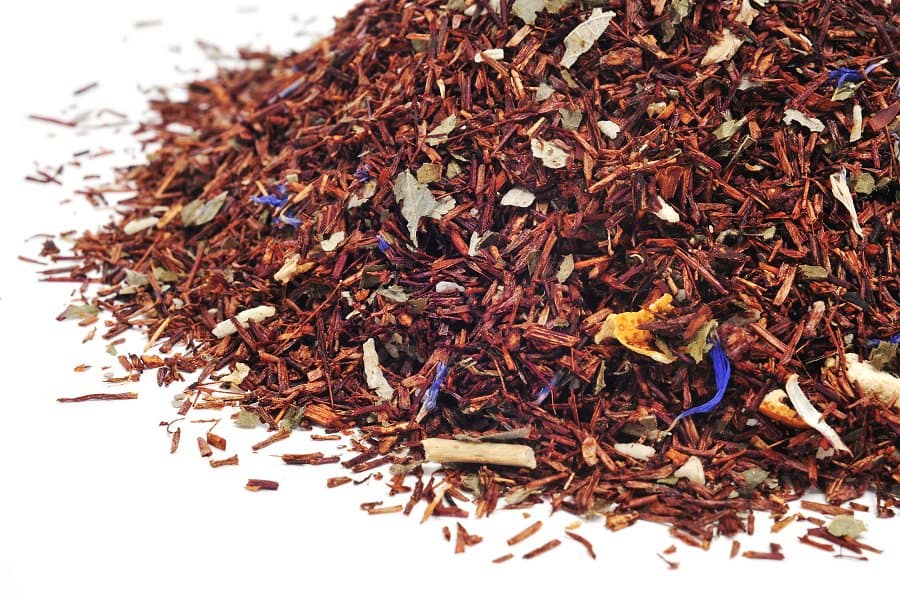
This South African plant (which is pronounced “roy-boss”) can lower blood pressure, prevent skin disorders, relieve headaches, and slow down premature aging.
Rosehip
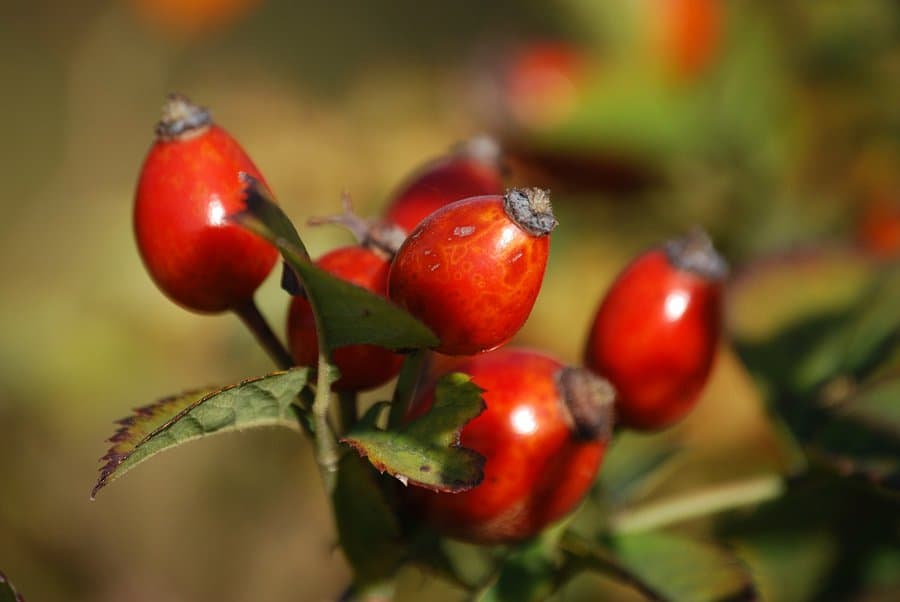
Another popular herbal infusion, it’s good for your overall immune system because of its high vitamin C content, and it can act as a detoxifier.
Sage

Commonly used in cooking, this herb can help with cognitive functions and overall brain health.
Thyme

Also used frequently in cooking, this herbal infusion can help boost your immune system, break fevers, relieve coughs, colds, and headaches, and soothe your stomach.
Turmeric

A relative of ginger, it has many beneficial properties that have been used for centuries.
Some of the more useful ones, as an herbal drink, include its antioxidant properties, inflammation reduction, and its ability to help with digestion.
Valerian Root
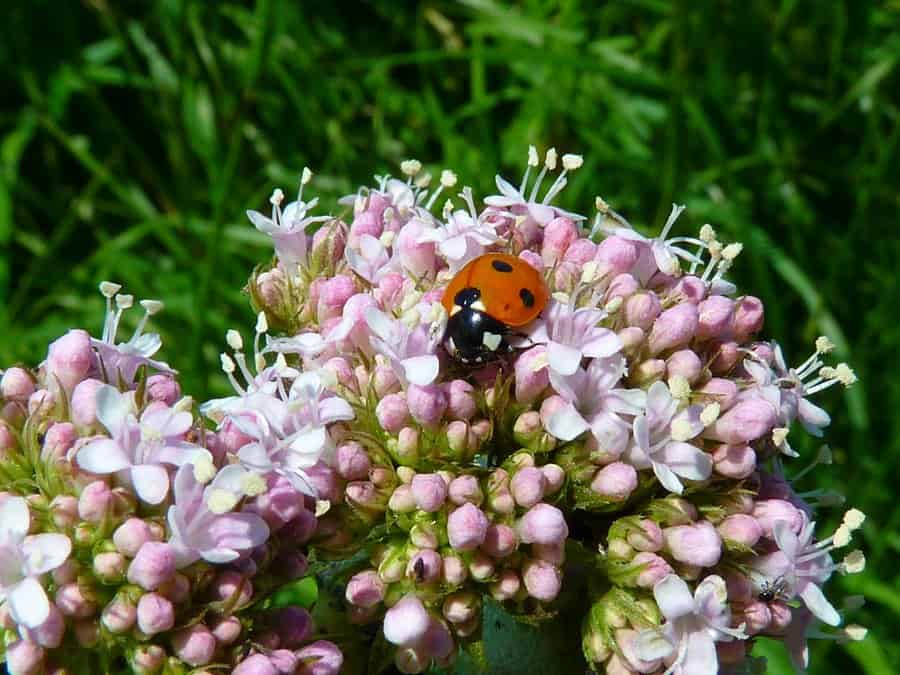
Well known for its sedative properties, it can reduce both blood pressure and stress, and it is also an anti-spasmodic.
It is also frequently taken in drop form (in a small amount of water), as an aid to getting to sleep – something I used to do when I was severely depressed.
Yerba Mate
Sometimes described as a healthy alternative to coffee (e.g. it doesn’t give you the jitters), this relative of holly can boost your immune system, help with digestion, and improve cognitive functions.
Making Herbal Teas
While it’s possible to make your own infusions directly from the plants and herbs, I have to admit I take the easy way out and buy mine in teabag form.
But what you can do is use a company that lets you create your own custom tea blends. I happen to use one called BlendBee, but there are probably others.
As with everything these days, you do need to be careful which brands you buy, as some are definitely better quality (e.g. with fewer contaminants) than others.
However, if you do wish to make your own, then these are the basic steps:
- If you don’t want to use loose herbs, then place your herbs in an infusion bag (which is like an empty tea bag into which you can place whatever you want) or infusion ball (which is reusable and generally made of metal). The usual amount for most herbs is 1 – 3 teaspoons per cup.
- Heat your water on the stove or in a kettle.
- Once it reaches boiling point, pour it over your herbs.
- Allow the mixture to steep for 10 – 20 minutes.
- Remove your infusion bag or strainer.
Additional tips:
- Herbal teas are generally made with dried herbs, not fresh ones.
- If you use loose tea without a strainer (e.g. infusion bags or ball) then be careful when you reach the bottom of your drink, because the loose herbs will have settled there.
- While they are usually drunk hot, you can throw some ice in on a hot day and make a refreshing drink out of it instead.
Conclusion
I was never a great lover of hot drinks, including tea as well as coffee (and while I love hot chocolate, it does tend to make feel nauseated even though I am a chocoholic by nature), but for the past 15 years or so, I have enjoyed various herbal teas.
As I mentioned, I have been drinking mint teas for decades, for stomach issues, but other than that, my favourites, in order, are:
- Turmeric & Ginger
- Lemon & Ginger
- Echinacea
- Holy Basil
- Nettle Leaf
- Peppermint / Moroccan Mint
- Rooibos
- Chamomile & Lemon
For the most part, I choose to drink products made by Buddha Teas, Numi, or Traditional Medicinals.
Additional Resources
These are suggestions for those who wish to delve deeper into any of the above:

